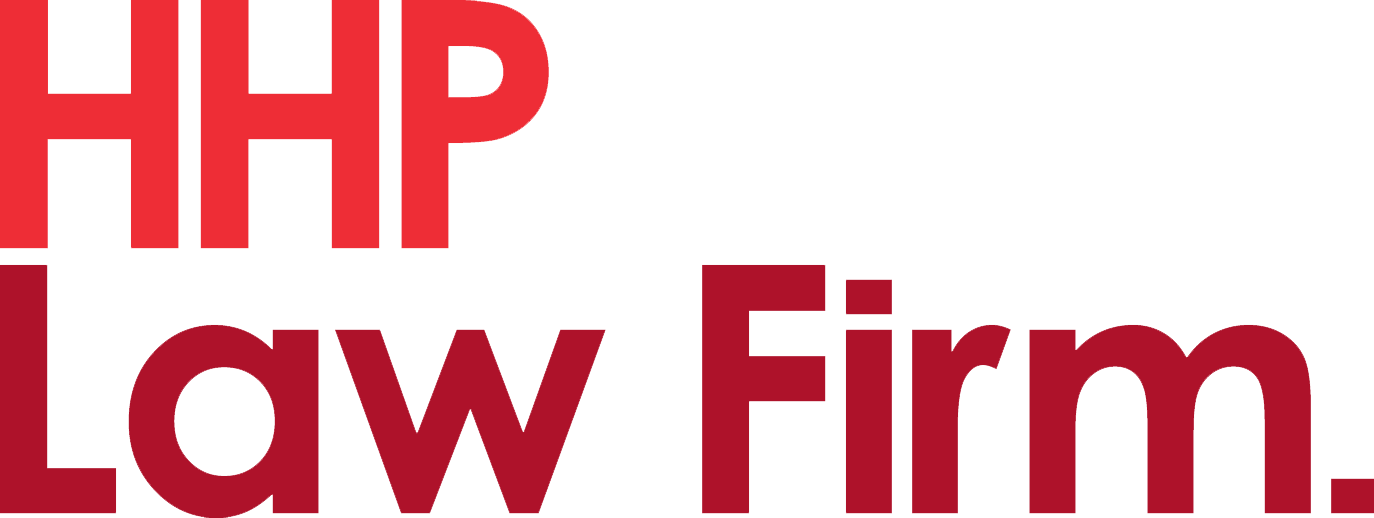In brief
The Indonesian Competition Commission (Komisi Pengawas Persaingan Usaha, KPPU) has been carrying out enforcement against unfair contract terms (UCT) since February 2022, resulting in six decisions with three infringement findings. KPPU has the authority to examine UCT cases based on Law No. 20 of 2008 on Micro, Small and Medium Enterprises, as amended (“Law 20/2008“), and recently introduced a regulation on the procedures for handling UCT cases, in the form of KPPU Regulation No. 2 of 2024 (“New UCT Case Handling Regulation“). This new regulation revoked KPPU Regulation No. 4 of 2019 on the same topic (“KPPU Reg No. 4 of 2019“). This revision follows KPPU’s new leadership action plan, which has an increased focus on UCT between large and medium corporations and small and micro enterprises.
This approach by the KPPU is aligned with the continuous focus on UCT monitoring in Asia Pacific (e.g., in Australia and Thailand).
Revisions in the New UCT Case Handling Regulation include aligning evidence in the investigation of UCT cases with competition cases (as regulated under KPPU Regulation No. 2 of 2023 on Case Handling, “Case Handling Regulation“), allowing incidental summonses, and amending the process and timeline of investigation.
Electronic media for case handling
The New UCT Case Handling Regulation incorporates the use of electronic media to assist with investigations and examinations throughout the case cycle, including in taking factual and expert witness statements, taking a reported party’s statements, service of process, and administering trials, hearings, and taking evidence.
Because it may be difficult for small and micro enterprises (e.g., farmers, fishermen) to attend hearings at KPPU’s premises, for recent hearings KPPU set up teleconferencing services to connect with community halls near to where these small and micro enterprises are located, to allow them to participate and follow the hearing process.
Evidence
The New UCT Case Handling Regulation recognizes five types of evidence, bringing it in line with the types of evidence recognized in the Antitrust Case Handling Regulation covered in our previous client alert.
Summons
A proper summons should be received at the latest three business days before the day of the interview or examination. However, KPPU may deviate from this in the following circumstances:
- The summoned party is willing to provide information even though the summons is received less than three days before the investigation or examination.
- The summoned party verbally agrees to be summoned based on minutes of a previous investigation or examination.
- The examined party consents to provide information during a field investigation or monitoring.
In urgent conditions, KPPU is allowed to ask for information from a witness without a summons. In this case, the summons should be delivered to the witness as soon as possible.
Sources of UCT cases and timeline of initial investigation
There are two sources of UCT cases, i.e., reports and KPPU initiative. In UCT cases, a report submitted to the KPPU cannot be revoked. There are significant differences between the initial investigation timeline between the two sources. A case based on a report should be investigated in the initial phase within 14 business days, which can be extended for another 14 business days. A case based on KPPU’s initiative should be investigated initially within 60 business days, which may be extended for 30 business days at a time.
Timeline extension
Under the New UCT Case Handling Regulation, the reported party now has 30 business days to submit a response to KPPU’s statement of objection. This is an increase from 14 business days under the previous regulation.
If the KPPU Commissioners find that there is UCT conduct, the case will proceed to the written warning stage. The written warning stage consists of three written warnings with 30 calendar days for each stage to allow the reported party to implement the rectifying order. This is an increase from 14 calendar days under the previous regulation.
Further examination
If the UCT concerned is not rectified after the third written warning, further examination is conducted to examine the report and evidence, including factual and expert witnesses.
Appeal of KPPU decisions on UCT cases
The New UCT Case Handling Regulation affirms the final status of KPPU decisions on UCT cases, despite the recent development of court cases examining objections to UCT cases. Based on recent KPPU news, the KPPU Commissioners acknowledge the need for a regulation on the appeal procedure of UCT cases. We understand that a new Supreme Court regulation is being prepared on this issue.
Flowchart on proceedings under the New UCT Case Handling Regulation
Click here to access the flowchart.
* * * * *

© 2024 HHP Law Firm. All rights reserved. HHP Law Firm is a member firm of Baker & McKenzie International. This may qualify as “Attorney Advertising” requiring notice in some jurisdictions. Prior results do not guarantee a similar outcome.






